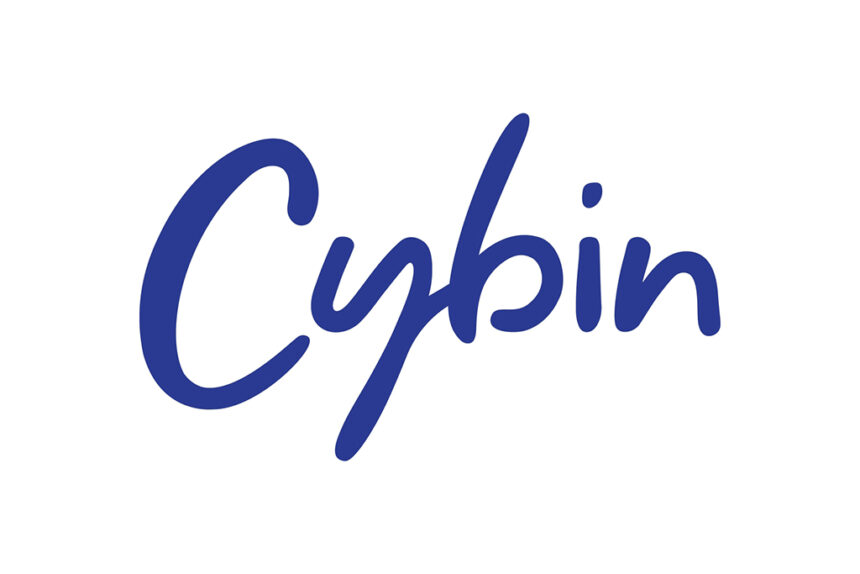Is a psychedelic revolution afoot in life sciences?
If recent news out of Cybin is any indication, the industry might see the practical application of psychedelics realized sooner than later.
A few weeks ago, the clinical-stage biopharma received a Breakthrough Therapy Designation from the Food and Drug Administration for CYB003, a deuterated psilocybin analog for the adjunctive treatment of major depressive disorder (MDD).
The health agency’s decision was announced after a positive end-of-phase 2 meeting and sets Cybin’s drug candidate up for the first adjunctive Phase 3 deuterated psilocybin analog depression study.
The topline results indicated CYB003 improved symptoms of patients living with moderate-to-severe MDD after a single dose and had a sustained benefit four months after a second dosage.
According to Cybin CEO Doug Drysdale, the company is planning to enroll patients in the multinational, multisite study by the middle of this year, with 15 targeted sites in the U.S. and about eight additional sites in Europe.
In addition to nabbing the Breakthrough tag, Cybin announced that it would commence with a randomized, double-blind Phase 2 proof-of-concept study for its deuterated dimethyltryptamine molecule, CYB004, for treating generalized anxiety disorder.
Of course, then there’s the money, too. Cybin also announced an oversubscribed private placement of $150 million.
So what does all of this mean for the company and the broader psychedelics space?
Drysdale told MM+M that the science behind these treatments has been around for a while, but now the psychiatric community is seeing the potential to treat patients for behavioral conditions and investors are following suit.
From a marketing and advertising perspective, Drysdale said the stigma around psychedelics still exists due to the lingering effects of the multi-decade War on Drugs and misinformation about these molecules, but opined that the perception has improved in recent years.
He said that as more promising outcomes arise from treatment in the clinical setting, the general public’s view has shifted in kind. Cybin’s next steps —beyond achieving regulatory approvals — will involve prioritizing consumer education and raising awareness for these treatments.
“Though there has been a remarkable transition, there are still going to be patients of a certain generation that will be hesitant and we will clearly have to do an education and advertising campaign to communicate better,” he said.
One of Cybin’s most effective marketing strategies, according to Drysdale, has been the use of patient testimonials to emphasize how people have benefited from treatment after years of dealing with depression.
He said that these stories of resilience and overcoming mental health struggles have resonated with healthcare providers as well. Many psychiatrists are energized by the prospect of addressing the underlying causes of the disease in patients rather than managing triggers and symptoms, he noted.
As with any conversation around the future of psychedelic medicine, the legality of its use comes into question.
Currently, psilocybin and psilocin are listed as Schedule I drugs under the Controlled Substances Act.
While many may look at the psychedelic space as being restricted by the federal government, Drysdale countered that there aren’t insurmountable barriers to studying these treatments – especially when they are administered in a clinical setting.
He said these regulations add more of an administrative process to the company’s operations and that Cybin isn’t “necessarily in need of federal legalization” of psychedelics from the Drug Enforcement Agency.
Going forward, he said the company will continue to follow the FDA’s well-defined processes for bringing these treatments to people in a controlled medical setting.a








